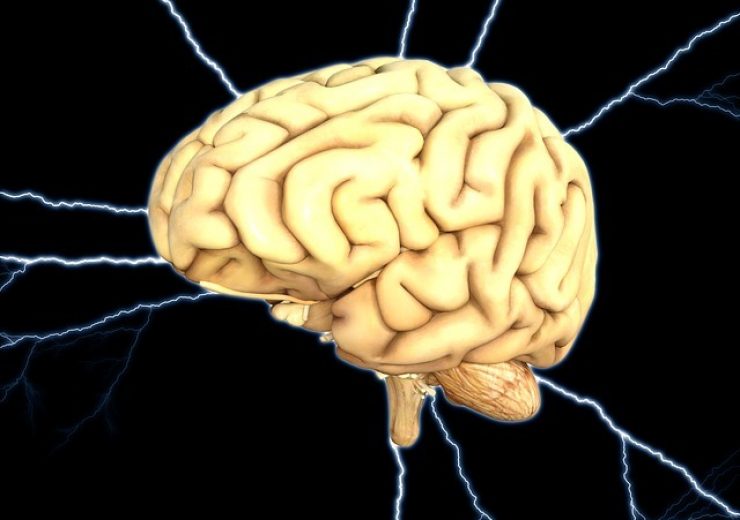CNSide is based on Biocept’s proprietary quantitative tumor cell capture and detection method paired with assays to identify actionable molecular treatment targets

The CNSide assay addresses a high unmet clinical need. (Credit: Pixabay)
Biocept, Inc. (Nasdaq: BIOC), a leading provider of molecular diagnostic assays, products and services, has announced the full commercial launch of CNSide™, its cerebrospinal fluid (CSF) assay designed to better detect and manage treatment of metastatic cancers involving the central nervous system (CNS). The assay, initially introduced in January 2020, has the ability to offer a timely and accurate method to diagnose disease, identify actionable biomarkers, and assess response to therapy, potentially impacting life expectancy and quality of life.
CNSide is based on Biocept’s proprietary quantitative tumor cell capture and detection method paired with assays to identify actionable molecular treatment targets. The assay answers three key questions: Is there involvement by tumor? Is there a target for treatment? Is there a trend with respect to treatment response?
The CNSide assay addresses a high unmet clinical need, as the current standard of care, CSF cytology, has limited sensitivity for detecting brain metastasis and assessing therapy response, and does not provide quantitative results. Between 10% and 30% of patients with cancer, depending on cancer type, will develop brain or spinal cord metastasis. Overall survival expectancy is low, and many patients are not diagnosed early enough for therapeutic intervention. However, the use of newer targeted therapies for lung and breast cancer with intracranial metastasis can often extend survival for a year or more, resolving symptoms and substantially improving quality of life.
“Simply stated, patients diagnosed with advanced cancer and their physicians need better tools to diagnose brain metastasis earlier, more accurately, and to assess response to therapy in a timely, quantitative fashion so that patients can benefit from the remarkable advances in cancer therapies available today,” said Michael Dugan, MD, Biocept’s Senior Vice President, Chief Medical Officer and Medical Director. “These patients do not have time to waste on inaccurate or uncertain diagnostic tests.”
“CNSide, with Target Selector™ technology, provides information well beyond what we can obtain from current diagnostics—specifically, it provides insights to help us select the right treatment for our patients, as well as insights on duration of therapy,” said Priya Kumthekar, MD, Associate Professor of Neurology and Oncology, Northwestern University Feinberg School of Medicine, during a recent key opinion leader webinar. “I see CNSide as a way to improve diagnosis and monitoring of CNS involvement in a patient population that represents a very high unmet need, and a population that appears to be growing.”
“The full sales force launch of our CSF assay, along with new branding, is an exciting next step toward our goal of establishing CNSide as a new standard-of-care diagnostic test for cerebrospinal fluid,” said Michael Nall, Biocept’s President and CEO. “Initial acceptance by neuro-oncology early-adopters has been highly encouraging as physicians from nearly two dozen leading academic institutions have ordered CNSide—with many becoming repeat users. This represents a significant market opportunity that we estimate at more than $1 billion annually in the United States for breast and lung cancers that have metastasized to the central nervous system.”
In 2020, Biocept presented highly favorable results from pilot studies with the assay at three major scientific meetings.1-3 The studies showed that in approximately 80% of the cases of suspected CNS involvement, tumor cells were detected using the CNSide assay, compared with about 50% of cases examined by CSF cytology. The assay is currently validated to identify metastatic cancers originating in the lung and breast. Biocept plans to expand its CSF testing menu for additional tumor types and biomarkers in the future.
